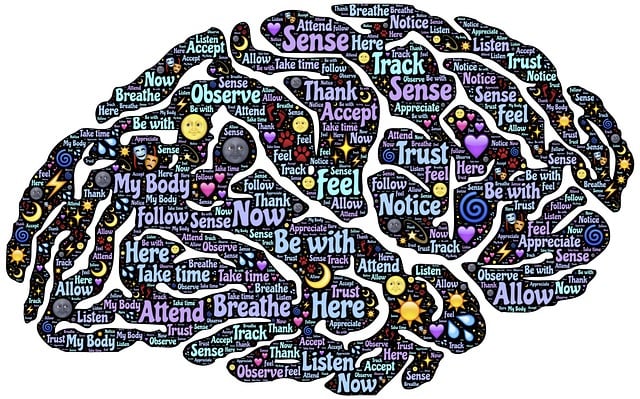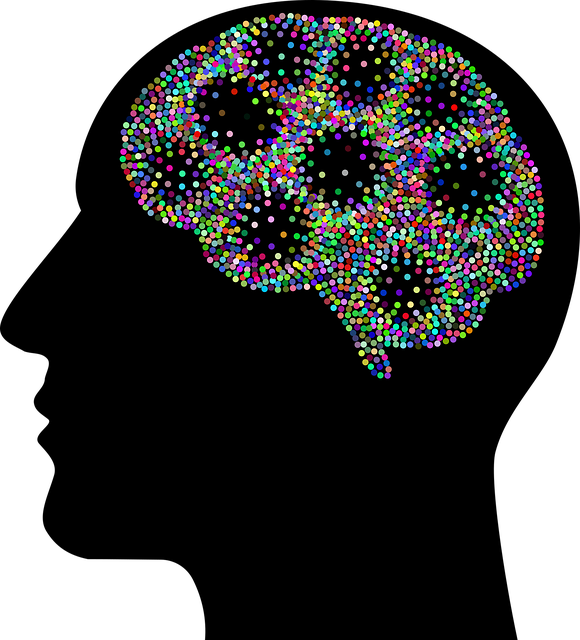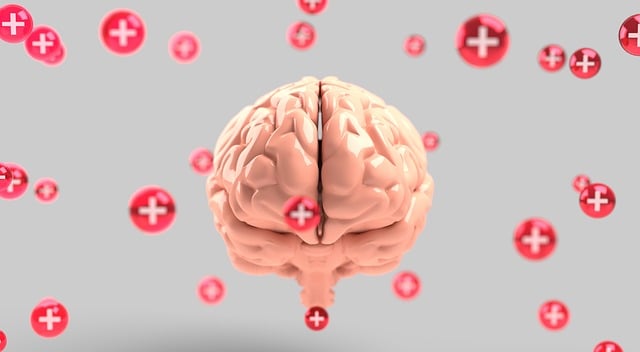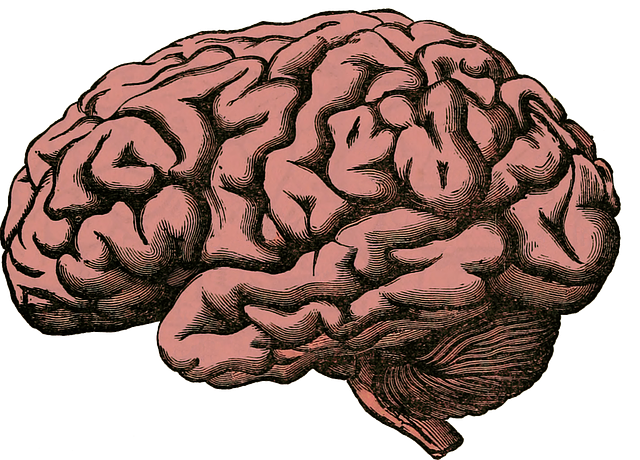Mental health is a key determinant of overall well-being, influencing daily life and community dynamics. Broomfield Domestic Violence Therapy emphasizes that addressing mental wellness is essential for thriving communities. Untreated mental health issues can lead to societal challenges. Community outreach programs, supported by Mental Wellness Coaching Programs Development, promote emotional intelligence and resilience. Comprehensive mental health education, focusing on stress management, mindfulness, and trauma support, is crucial in today's fast-paced world. The Broomfield Domestic Violence Therapy Program, with its interactive approach, aims to empower survivors through evidence-based practices, emphasizing emotional healing and building supportive communities.
Mental health is a cornerstone of overall well-being, yet its importance is often overlooked. This article explores the design of comprehensive education programs aimed at fostering mental resilience and addressing issues like domestic violence. We delve into understanding the profound impact of mental health on individuals and communities, identifying the crucial need for educational interventions. By examining real-world examples, such as the Broomfield Domestic Violence Therapy Program, we offer insights into creating engaging content and effective strategies for implementation and evaluation, ensuring continuous improvement in mental health education.
- Understanding Mental Health and Its Impact on Individuals and Communities
- Identifying the Need for Comprehensive Education Programs
- Developing Effective Learning Outcomes and Objectives
- Designing Engaging Content and Teaching Strategies
- Implementation, Evaluation, and Continuous Improvement of Broomfield Domestic Violence Therapy Program
Understanding Mental Health and Its Impact on Individuals and Communities

Mental health is a fundamental aspect of overall well-being, influencing how individuals think, feel, and act in their daily lives. Understanding mental health involves recognizing that it encompasses not just the absence of illness but also the presence of resilience and positive emotional states. According to Broomfield Domestic Violence Therapy, mental wellness is crucial for fostering healthy relationships, making meaningful contributions to communities, and achieving personal goals.
The impact of mental health extends far beyond the individual, profoundly affecting communities as a whole. Untreated mental health issues can lead to decreased productivity, strained interpersonal relationships, and even heightened risks of violence or self-harm. Community outreach programs play a pivotal role in promoting mental wellness by providing accessible resources and support networks. These initiatives, often facilitated through Mental Wellness Coaching Programs Development, aim to enhance emotional intelligence—the ability to recognize and manage one’s own emotions as well as understand the emotions of others. By empowering individuals with emotional intelligence, communities can create safer, more supportive environments that foster resilience and overall mental health.
Identifying the Need for Comprehensive Education Programs

In today’s fast-paced world, mental health education programs are more crucial than ever. Initiatives like Broomfield Domestic Violence Therapy highlight the growing need for comprehensive and accessible learning experiences that cater to diverse psychological needs. Effective programs must go beyond basic awareness and delve into practical strategies that empower individuals to manage stress, cultivate resilience, and promote overall well-being. By integrating topics such as mindfulness meditation, risk assessment techniques, and confidence-boosting exercises, these programs can equip participants with valuable tools for navigating life’s challenges.
Moreover, a holistic approach ensures that mental health professionals are not only knowledgeable but also adept at handling complex situations. Educating them on the latest research and best practices enables better patient outcomes. Comprehensive education programs play a pivotal role in fostering a healthier society by enhancing professional capabilities and ultimately improving access to quality mental healthcare services.
Developing Effective Learning Outcomes and Objectives

Developing Effective Learning Outcomes and Objectives is a critical step in designing a successful Mental Health Education program. These outcomes should be specific, measurable, achievable, relevant, and time-bound (SMART). For instance, a learning objective could be to “Enhance participants’ ability to recognize signs of trauma and provide basic Trauma Support Services by the end of the program.” This objective aligns with Broomfield Domestic Violence Therapy’s mission to equip individuals with tools to address mental health issues.
Furthermore, incorporating Empathy Building Strategies can profoundly impact the program’s effectiveness. By fostering a deeper understanding and connection among participants, these strategies create a supportive environment where individuals feel comfortable discussing their experiences. This not only enhances learning but also promotes Burnout Prevention by encouraging a sense of community and shared purpose.
Designing Engaging Content and Teaching Strategies

Effective mental health education programs rely on engaging content and innovative teaching strategies to capture and retain participants’ attention. When designing such programs, particularly for sensitive topics like domestic violence, it’s crucial to strike a balance between delivering hard facts and fostering an empathetic learning environment. Incorporate interactive elements, real-life case studies, and role-playing exercises that encourage active participation. These methods not only make the learning experience more enjoyable but also help participants apply concepts to their own lives, enhancing understanding and retention.
At Broomfield Domestic Violence Therapy, we emphasize the importance of building empathy among educators and participants alike. Through experiential activities, learners can develop a deeper sense of connection and perspective-taking, which are essential for creating a supportive atmosphere. Additionally, incorporating stress management techniques and emotional well-being promotion strategies into the curriculum equips individuals with valuable tools to navigate challenging situations and maintain their mental health.
Implementation, Evaluation, and Continuous Improvement of Broomfield Domestic Violence Therapy Program

The successful implementation of the Broomfield Domestic Violence Therapy Program hinges on a robust evaluation framework that measures its impact on participants’ mental health and well-being. This includes assessing improvements in emotional regulation, a key component identified through Compassion Cultivation Practices, as well as overall life satisfaction and reduction in symptoms related to domestic violence trauma. Regular feedback from program attendees is crucial for this process, allowing for adjustments and improvements based on their experiences. Continuous improvement ensures the program remains effective and relevant, tailoring its approach to meet the evolving needs of those it serves. By incorporating strategies that support emotional healing processes, the Broomfield Domestic Violence Therapy Program aims to offer sustainable support, fostering resilience among participants as they navigate their personal journeys towards recovery.
Mental health education programs play a pivotal role in fostering well-being and resilience. By integrating comprehensive learning outcomes and engaging content, initiatives like the Broomfield Domestic Violence Therapy Program can significantly impact individuals and communities. This case study highlights the importance of strategic design and continuous evaluation for successful implementation. Adopting these principles ensures that educational efforts resonate with audiences, ultimately promoting mental health awareness and support systems.














